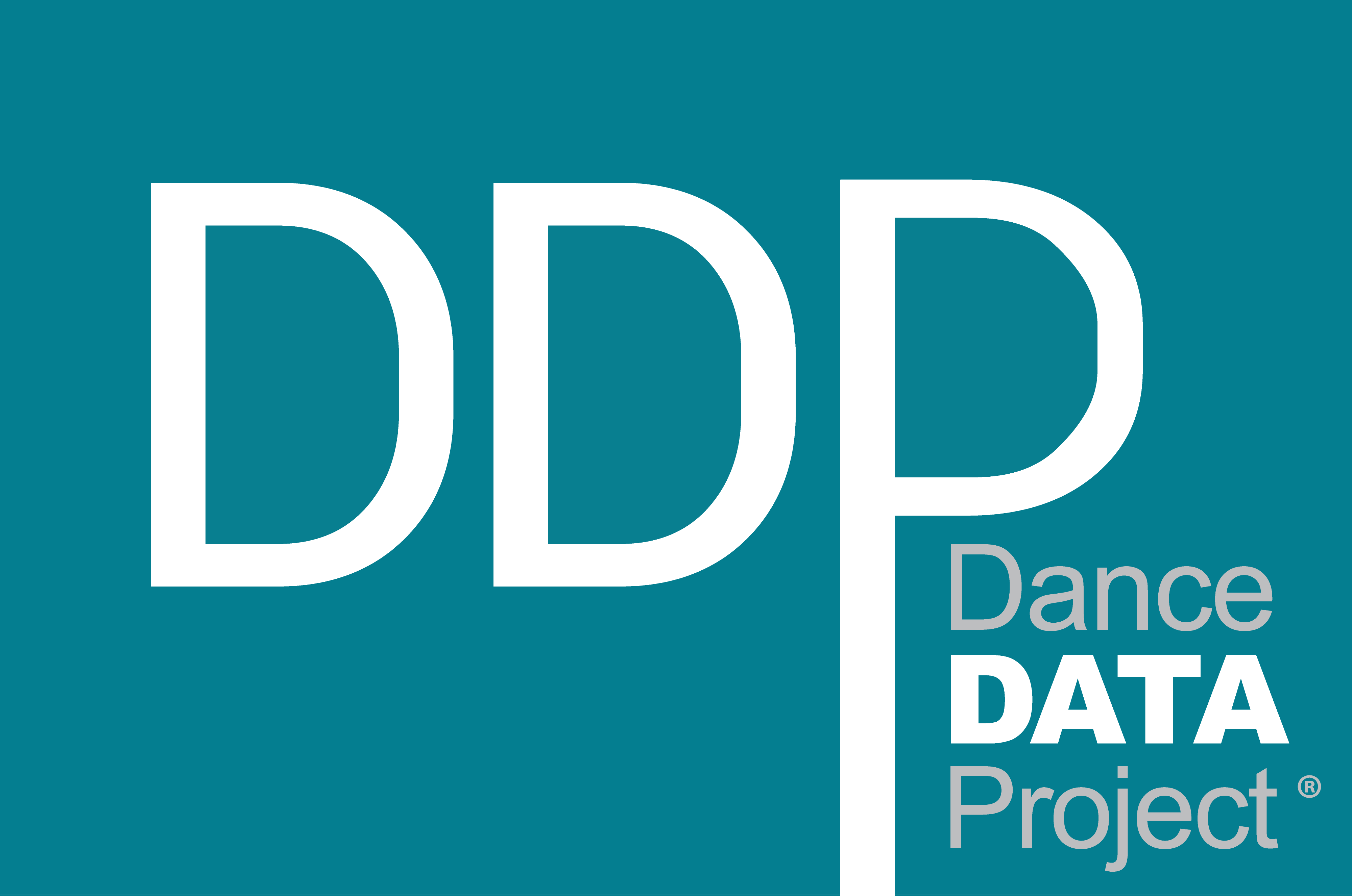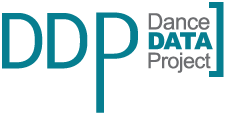Ballet Dancers Are Making the Most of the Pandemic—By Having Babies
Connecting the Dots – #YesThisIsAnArtsStory Repost from Glamour
A career in ballet lasts only as long as a dancer’s body does. If they’re lucky, dancers can perform into their 30s—or in rare cases, into their 40s. When every season counts, taking time off to get pregnant, give birth, and recover is daunting. The challenge of professional dancers having children is the subject of photographer Lucy Gray’s Balancing Acts, a book in which she documents three dancer mothers at San Francisco Ballet and their transformations as artists after giving birth. In 2015, when Balancing Acts was published, Gray told The Cut, “Many ballerinas are afraid to have kids, and the directors don’t encourage it…. If something happens to their bodies, they can lose their job.”
But COVID-19 has cost many dancers their jobs already, at least temporarily. Freed from the stage—and the scrutiny on their bodies—they are spending their time transforming from dancer to dancer and mother. It’s something that, until now, has only happened in the margins of the art form.
“This is not about ballerinas,” Gray writes in Balancing Acts. “This is about women working.” Ballet is an elite art form, but it is not so different from the rest of the world when it comes to the false choice working mothers have without structural and societal support: career or babies. The Royal Ballet’s Ninette Valois reportedly told dancers, “You’re pregnant darling, goodbye!” In Balancing Acts, Gray writes that Balanchine told one of his dancers, “Now, Allegra, no more babies. Enough is enough. Babies are for Puerto Ricans.”
While attitudes have shifted over time and unionization in dance companies over a certain size means basic protections for workers, dancers are still expected to return from leave in dancing shape. In her forthcoming book Turning Pointe, the journalist Chloe Angyal writes that such expectations demand that dancers work on their time off. Having a child under normal circumstances in taxing. Having one and then having to use the time you should spend recovering to get back into dancing form is brutal.





